IDEA
(Inclusion, Diversity, Equity, and Access)
Members of the MCELA Executive Board created this working group to focus on an important goal: Support Maine educators as they explore ways to develop materials and practices for inclusion, diversity, equity, and access. In particular, MCELA invites educators to think about, discuss, and take steps to address issues related to racism, income disparity, gender identity, environmental justice, equity, genocide, and indigenous sovereignty.
Each month, the IDEA Collective of MCELA will share a resource for educators to explore and consider using in their practice and with their students.
Each month, the IDEA Collective of MCELA will share a resource for educators to explore and consider using in their practice and with their students.


 RSS Feed
RSS Feed